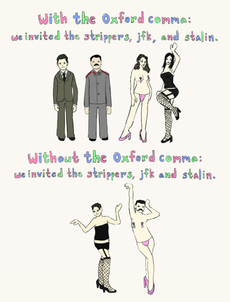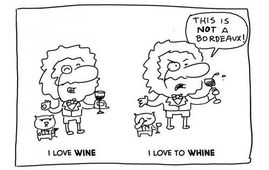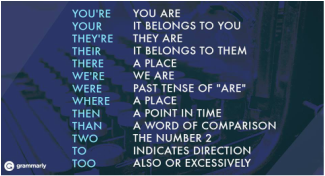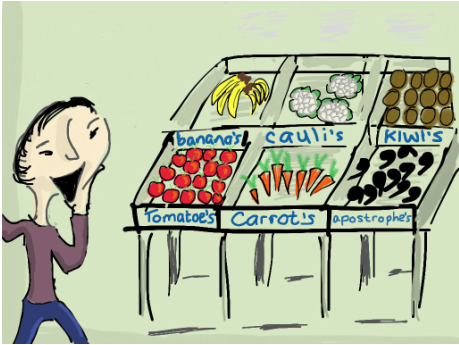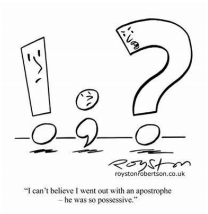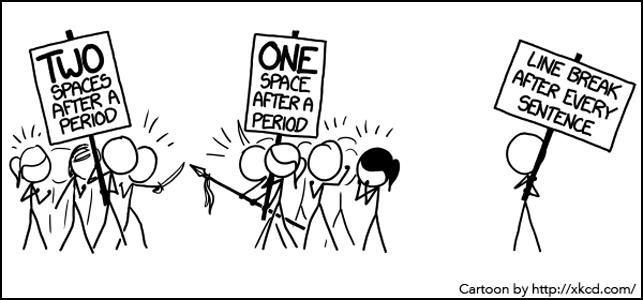Why is it called the Oxford comma? Why not the Cambridge comma or the London comma?
The Oxford Comma, also known as the serial comma or the Harvard comma, was traditionally used by readers, printers and editors at Oxford University Press. Not all writers and publishers use it, but it can clarify the meaning of a sentence when the items in a list are not single words. It is placed immediately before the coordinating conjunction (usually and, or, or nor) when you have a series of three or more terms.
I love my parents, Eric Clapton and Carole King.
I love my parents, Eric Clapton, and Carole King.
The first sentence, without the Oxford comma, could be misconstrued, and you might be fooled into thinking Eric Clapton and Carole King were my parents (if you were exceptionally gullible!). The second sentence, with the Oxford comma, makes it quite clear that they are three different sets of people. You could, of course, rewrite the sentence completely to read: I love Eric Clapton, Carole King and my parents. But if you are listing in order of preference, then the Oxford comma helps!
If it doesn’t make the sentence ambiguous to miss it out, then it is purely a matter of preference.
What are your thoughts on using the Oxford comma? Do you? ... or don't you?
The Oxford Comma, also known as the serial comma or the Harvard comma, was traditionally used by readers, printers and editors at Oxford University Press. Not all writers and publishers use it, but it can clarify the meaning of a sentence when the items in a list are not single words. It is placed immediately before the coordinating conjunction (usually and, or, or nor) when you have a series of three or more terms.
I love my parents, Eric Clapton and Carole King.
I love my parents, Eric Clapton, and Carole King.
The first sentence, without the Oxford comma, could be misconstrued, and you might be fooled into thinking Eric Clapton and Carole King were my parents (if you were exceptionally gullible!). The second sentence, with the Oxford comma, makes it quite clear that they are three different sets of people. You could, of course, rewrite the sentence completely to read: I love Eric Clapton, Carole King and my parents. But if you are listing in order of preference, then the Oxford comma helps!
If it doesn’t make the sentence ambiguous to miss it out, then it is purely a matter of preference.
What are your thoughts on using the Oxford comma? Do you? ... or don't you?
